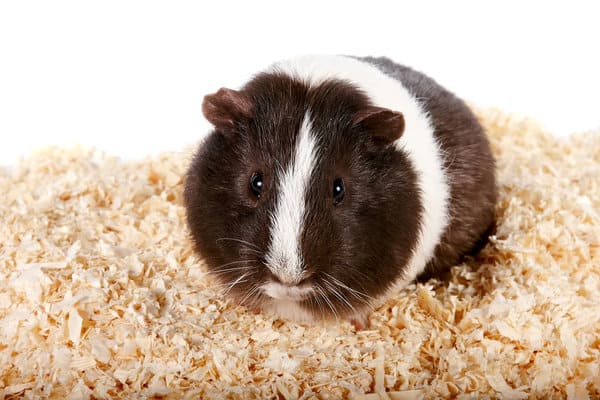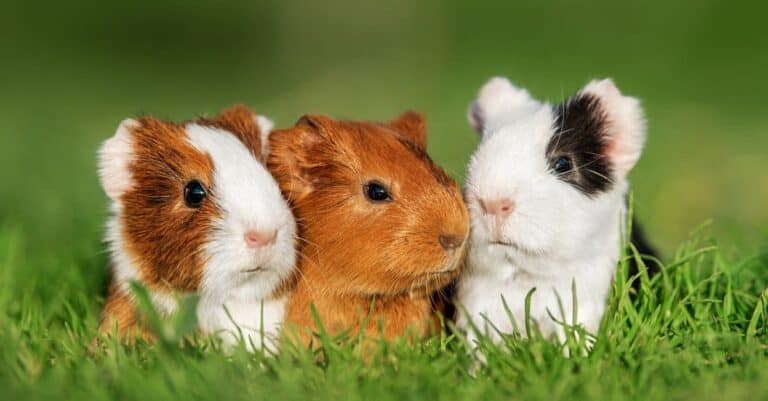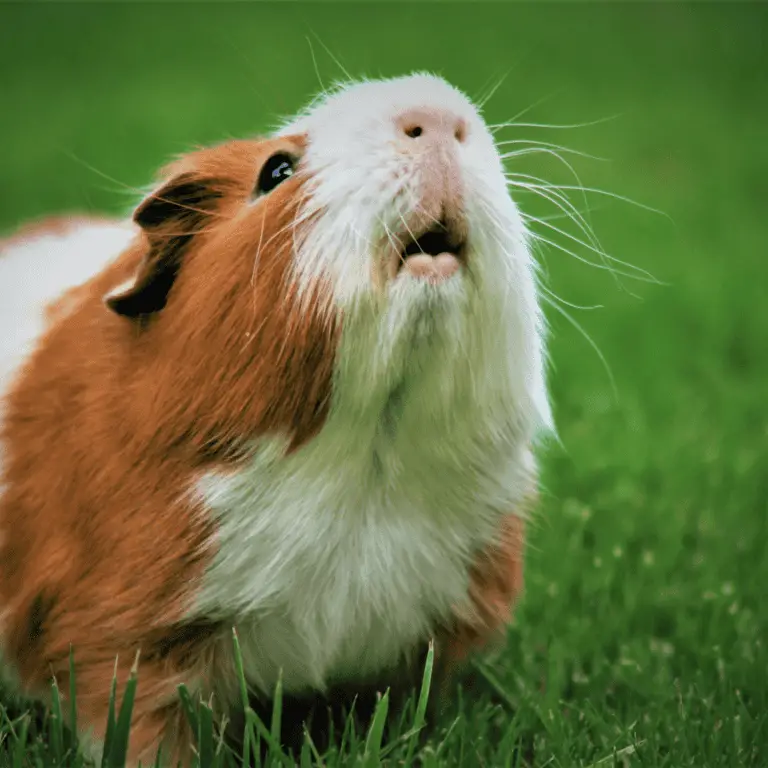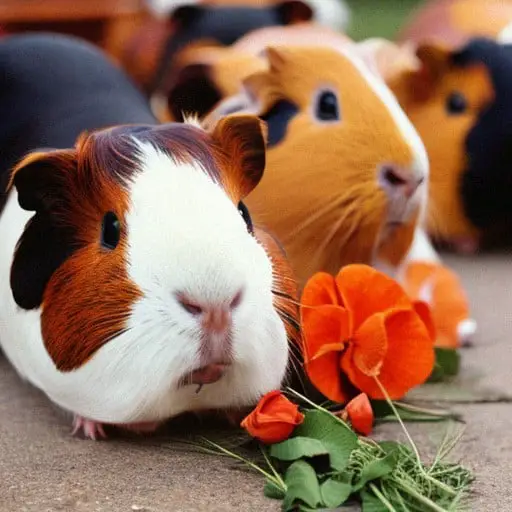Why Does My Guinea Pig Stare at Me? Decoding the Curious Behavior of Your Beloved Pet
Guinea pigs, with their adorable fuzzy faces and delightful squeaks, have long been cherished as beloved pets. However, there is one perplexing behavior that often leaves their owners scratching their heads in wonder:
Why does my guinea pig stare at me? In this article, we will delve into the mysterious world of our furry friends’ curious behaviors and attempt to decode the reasons behind this seemingly peculiar habit.
By understanding the underlying motivations for their intense gazes, we can strengthen the unique bond between human and guinea pig, providing a deeper appreciation for these captivating creatures.
Prepare to unravel the enigma behind your guinea pig’s unwavering gaze and discover what lies beneath those watchful eyes.
The Language of Guinea Pig Stares: Interpreting the Meaning Behind their Intense Gazes
Guinea pigs are known for their intense gazes, and understanding what these stares mean can provide valuable insights into your pet’s emotions and needs. Here are a few key interpretations to keep in mind:
- Affection and Bonding: When your guinea pig stares at you with soft eyes, it is often a sign of affection and bonding. This gentle gaze indicates that your pet feels safe and comfortable in your presence.
- Curiosity or Hunger: You may notice your guinea pig staring intently at you when they are curious about something or feeling hungry. In these situations, the stare is accompanied by other behaviors such as sniffing or trying to approach you.
- Anxiety or Fear: On the other hand, if your guinea pig’s gaze appears wide-eyed or filled with fear, it could indicate anxiety or fear. Your pet may be unsure about its surroundings or feel threatened by something nearby.
By paying attention to the specific context and body language accompanying the stare, you can better understand what message your beloved guinea pig is trying to communicate. Remember that each individual animal has unique preferences and personalities, so take time to observe how your own furry friend expresses itself through its captivating gazes.
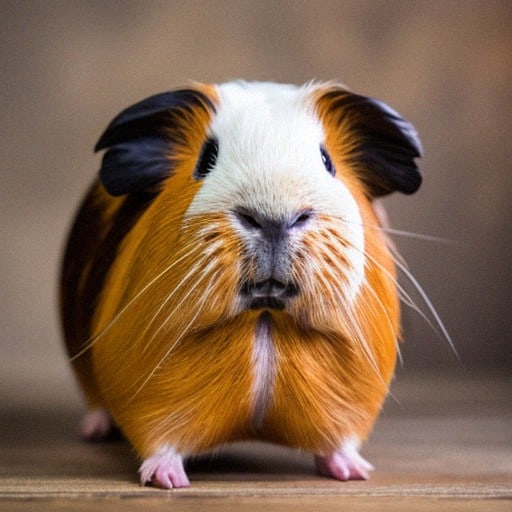
Seeking Attention or Seeking Food? Unraveling the Motivations for Guinea Pig Staring
Seeking Attention or Seeking Food?
Guinea pigs are social animals and enjoy interacting with their human caretakers. When they stare at you, it could be because they want your attention. They may have learned that staring at you garners a response, such as being fed or petted. Staring could also indicate that your guinea pig is feeling lonely or bored and is looking for some stimulation.
Besides seeking attention, another common motivation for guinea pigs to stare is the desire for food. These little creatures have a keen sense of smell and can quickly associate their owners with mealtime. If your guinea pig stares at you expectantly, it might simply be hoping for a tasty treat or its daily portion of hay pellets.
To determine whether your guinea pig’s staring behavior is motivated by attention-seeking or hunger, try offering them food when they start to stare and see how they react. Additionally, consider spending more quality time with your furry friend if you think their staring signals loneliness rather than just wanting food rewards.
Bonding Beyond Words: How Guinea Pigs Use Eye Contact to Strengthen the Human-Animal Connection
Guinea pigs are known for their adorable and curious behavior, including staring at their owners. While it may seem odd, this behavior actually serves as a way for guinea pigs to establish a connection with humans.
Nonverbal Communication
Because guinea pigs cannot speak our language, they rely on nonverbal cues to communicate their needs and emotions. Making eye contact is one of these important nonverbal gestures that helps guinea pigs convey trust and affection towards us.
Strengthening the Bond
When your guinea pig looks into your eyes, it is likely seeking reassurance or attempting to bond with you. By maintaining eye contact in return, you can acknowledge their gesture and strengthen the human-animal connection even further.
In conclusion, while staring may not be considered polite among humans, it holds special significance within the world of guinea pig communication. Embrace those loving gazes from your furry friend as they use eye contact to solidify the unique bond between you both.
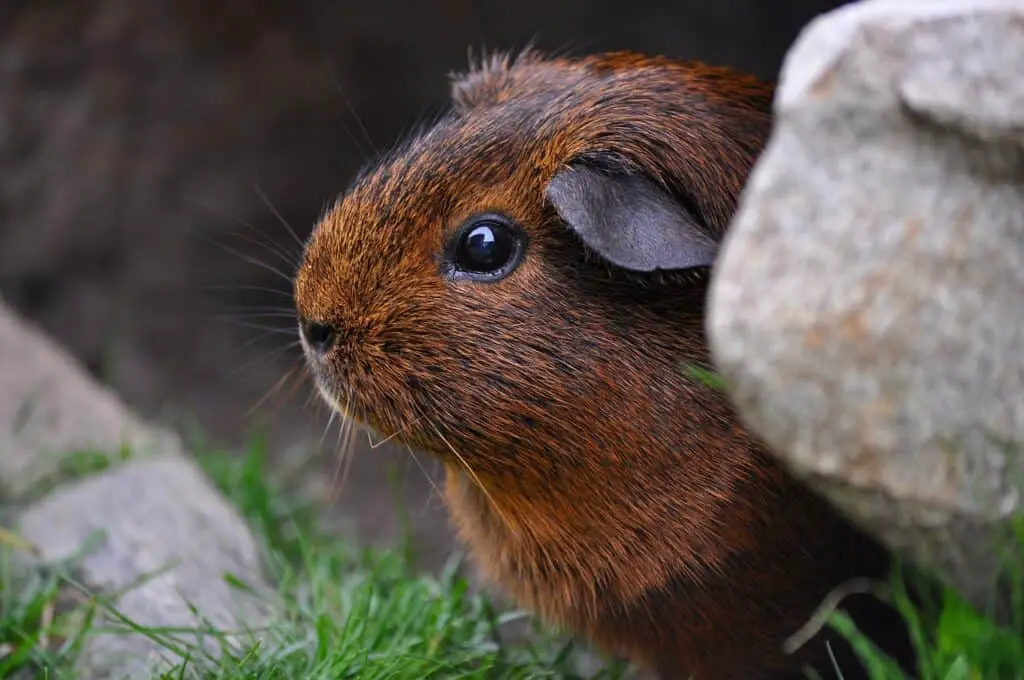
Beyond Staring: Exploring Other Fascinating Behaviors of Guinea Pigs and What They Reveal about their Personalities
Other Fascinating Behaviors of Guinea Pigs and What They Reveal about their Personalities
Vocalizations:
Guinea pigs are known for their wide range of vocalizations, which they use to communicate with humans and other guinea pigs. These vocalizations can include purring, squeaking, chirping, rumbling, and whistling. Each sound has its own meaning and can indicate a particular emotion or need. For example, purring often signifies contentment or pleasure, while chirping may indicate excitement or eagerness. By paying attention to these vocal cues, you can gain insight into your guinea pig’s personality and better understand what they may be trying to convey.
Body Language:
Observing your guinea pig’s body language is another way to decipher their individual characteristics. When guinea pigs feel comfortable and at ease in their surroundings, they tend to exhibit relaxed postures like lying down on one side or stretching out fully. On the other hand, if they are feeling stressed or threatened, they may hunch up their bodies or puff out their fur as a defensive mechanism. Paying attention to these subtle physical cues can help you gauge your pet’s overall well-being and adapt your interactions accordingly.
Social Interactions:
Guinea pigs are social creatures that thrive in the company of others. Their behaviors within a group dynamic reveal fascinating insights into their personalities. Some guinea pigs are more dominant by nature and assert themselves through pushier behaviors like nipping or mounting others during playtime sessions with cage mates. Conversely, some individuals display shyness by seeking hiding spots when placed in new situations; this behavior indicates a preference for solitude over interaction with humans or fellow piggies.


